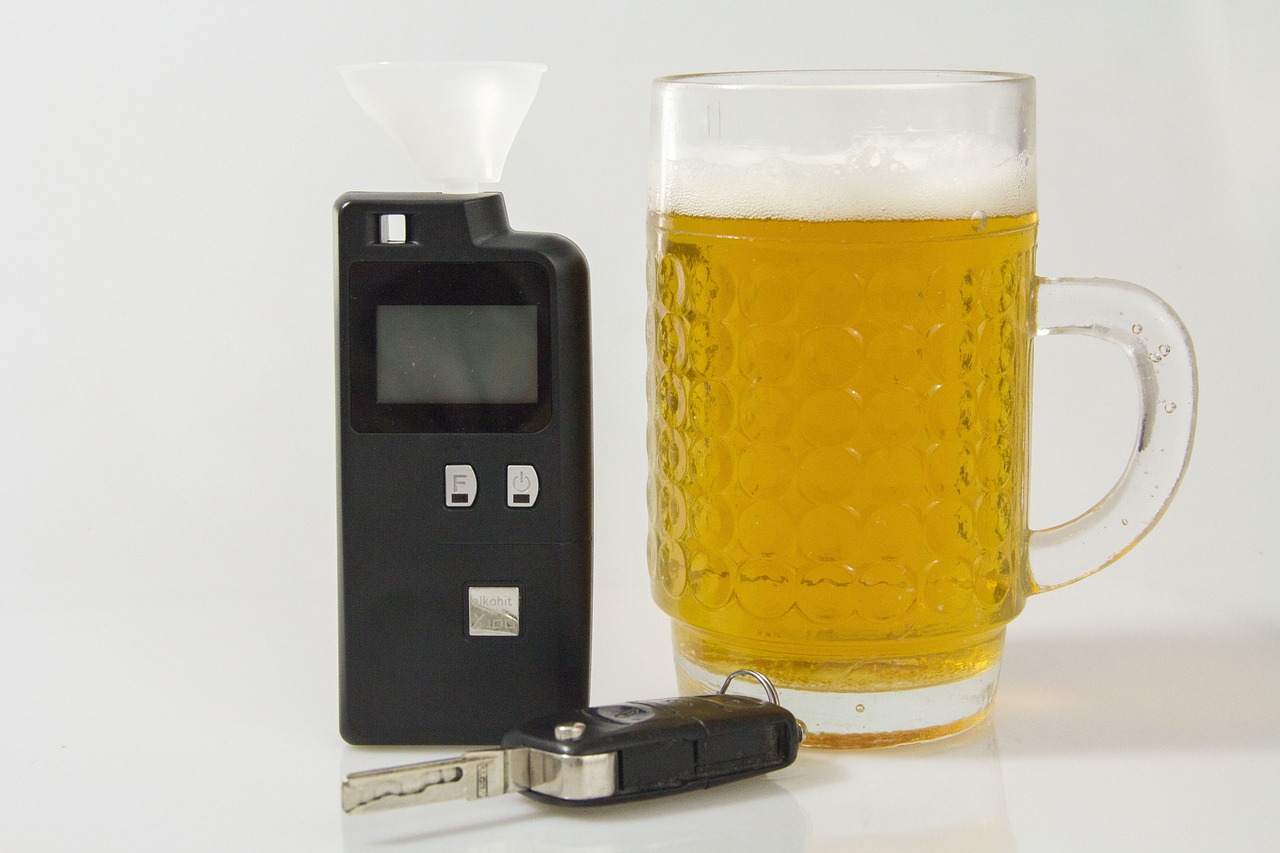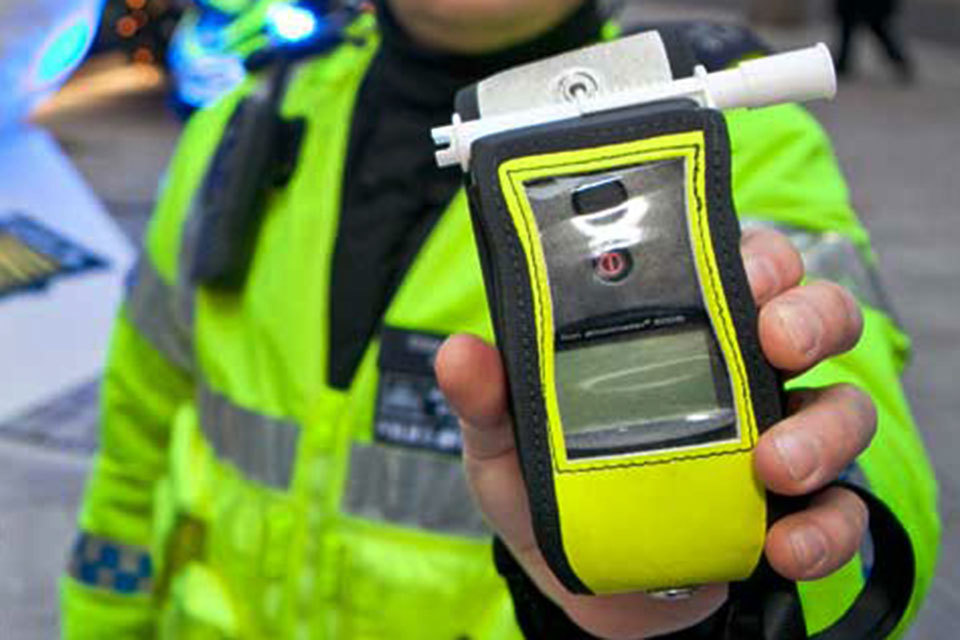Know your (drink) limit
We've all heard the term Dutch Courage which means taking risks while under the influence of drink and it doesn't take much alcohol to lull you into a risk taking situation. If you're inebriated and in charge of a vehicle this is comparable to pulling the trigger on a loaded gun. Both provide a means to kill…
Alcohol is absorbed into the bloodstream very quickly yet wears off slowly. It takes just ten minutes for your body to absorb 50% of any alcohol you've consumed; an hour for your entire consumption to enter your bloodstream. The booze you drank last night will still be present in your system more than twelve hours later and no amount of hot coffee will alter this fact.

What Are the Legal Limits?
There are three ways of measuring the amount of alcohol in your bloodstream:
- 35 micrograms of alcohol per 100 millilitres of breath.
- 80 milligrams of alcohol in 100 millilitres of blood.
- 107 milligrams of alcohol in 100 millilitres of urine
These levels are low when translated into the number of alcoholic units an adult might consume. As a very rough indication, 4 units of alcohol for men and 3 for women is all that is required before you are legally unfit to drive. Compare these units to a single measure of spirits (1 unit), strong lager (3 units), standard lager (2 units) and a small glass of wine (average 1.5 units) and you will realise just how little you need to drink before being over the limit.
How the Law Stands
In theory the police cannot stop you and demand that you take a breathalyser test unless they have reasonable cause to suspect you of committing a traffic offence, they can smell alcohol on your breath or they believe that you've been involved in an accident.
If stopped, any person who is driving, attempting to drive or is in charge of a vehicle in a public place (including pub car parks and petrol station forecourts) can be asked to take a test to measure the amount of alcohol in their breath. If you refuse or the test proves positive you will be arrested and taken to a police station where you will usually be required to provide two further breath specimens that will be analysed by one of three approved instruments currently in use. If the two readings differ, the police will accept the lowest. If you're over the legal limit you will be charged. If you refuse to provide a breath sample without a reasonable excuse such as a medical condition, you will also be charged. You do not have the right to insist on a blood or urine test instead.
If the lower of the readings taken is 35-39 micrograms you will be released without charge but may be cautioned; if it is between 40 and 50 micrograms you must be offered the option of providing a blood or urine sample. The police cannot take blood samples without your consent but if you refuse to provide a sample the police can rely on the breath test results.
